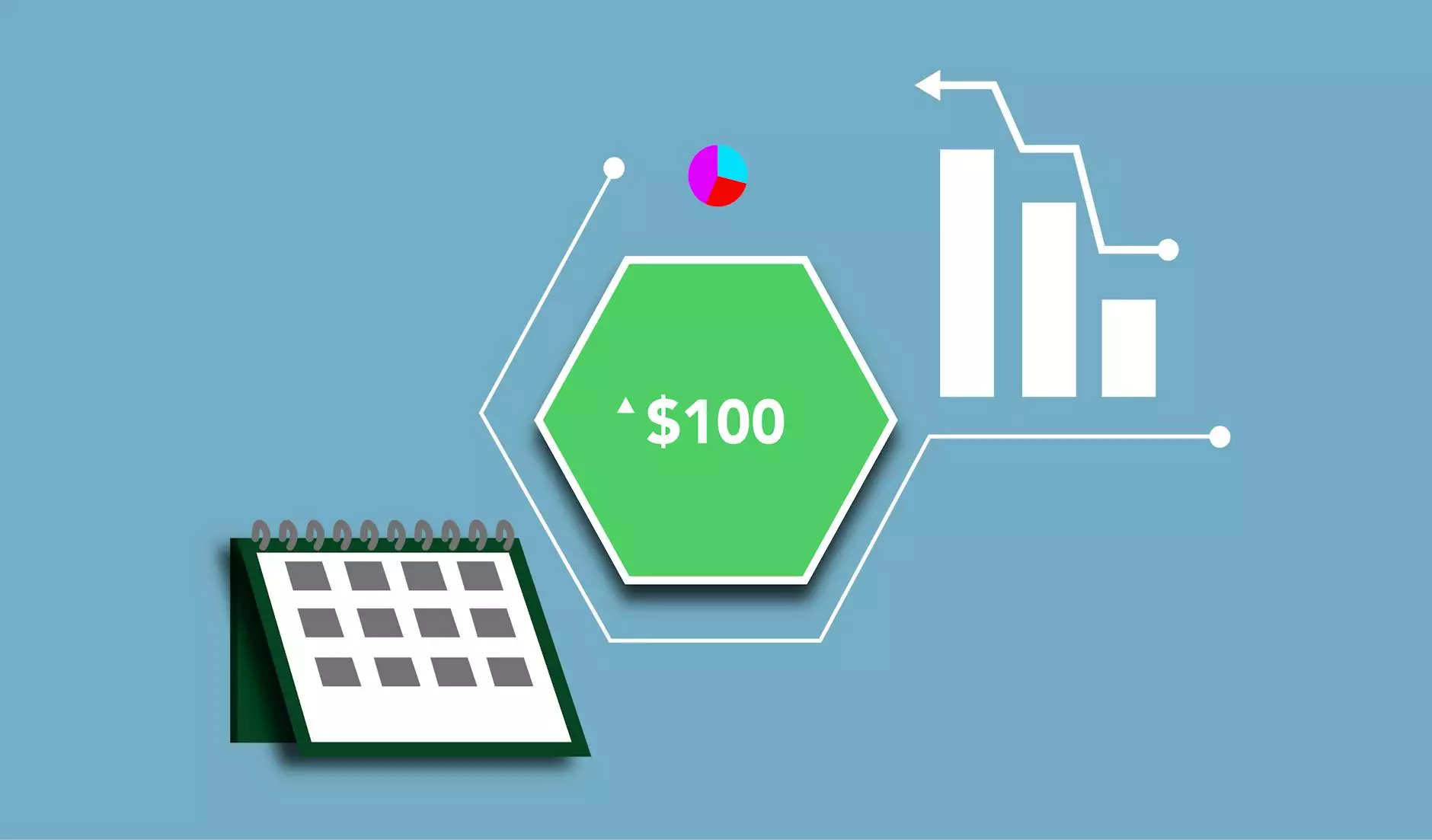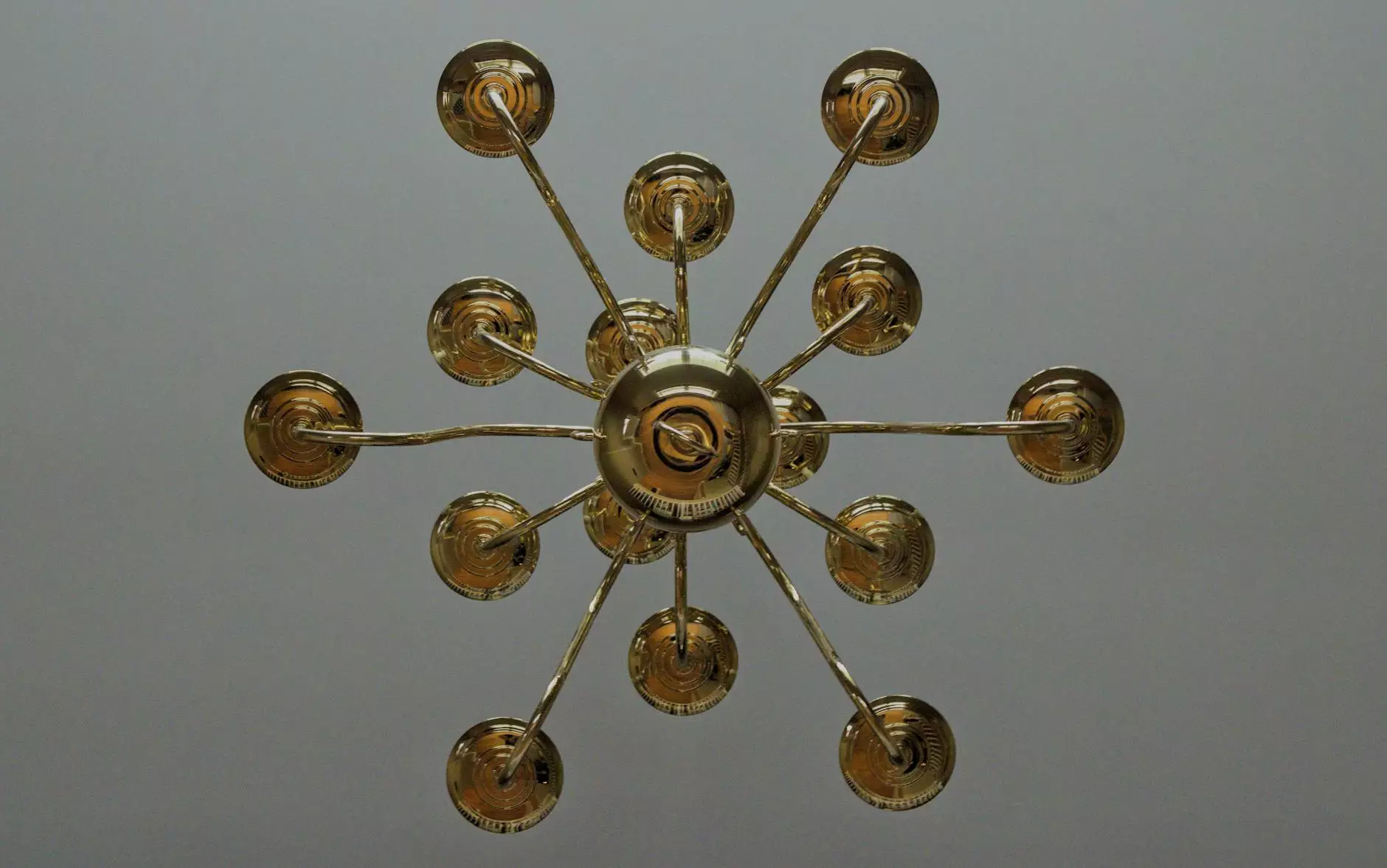The Remarkable World of Iboga and Ibogaine

Iboga and ibogaine have emerged as significant topics in the realms of alternative medicine and therapeutic practices. Derived from the roots of the Tabanasum iboga shrub found primarily in West Africa, these substances have garnered attention for their profound effects on mental health and addiction recovery. This article delves deep into the history, benefits, and implications of iboga and ibogaine, positioning them as revolutionary tools in health and wellness.
Understanding Iboga: The Plant and Its Cultural Significance
The traditional use of iboga dates back to the Bwiti spiritual practices of Gabon. The Bwiti religion sees iboga as a sacred gift that facilitates communication with the spiritual realm. The root is typically consumed during initiation ceremonies, offering profound insights and guidance to practitioners. This deep cultural significance is essential when discussing its modern applications, as it emphasizes respect and proper usage.
The Chemical Composition of Iboga
Iboga contains over 20 distinctive alkaloids, with ibogaine being the most studied and recognized component. Ibogaine is renowned for its psychoactive properties, leading to altered states of consciousness that can help individuals confront their inner struggles, fears, and previously repressed memories. The unique chemical structure of ibogaine allows it to interact with various neurotransmitter systems in the brain, particularly those linked to addiction and mood regulation.
Traditional Uses of Iboga in Healing
- Spiritual Growth: Used in rituals to foster spiritual connection and personal insight.
- Healing Practices: Considered a therapeutic tool for addressing emotional traumas and psychological challenges.
- Community Bonding: Encourages group healing, strengthening social ties within communities.
The Transformative Power of Ibogaine
Ibogaine stands apart as a powerful substance. Its ability to interrupt addiction pathways has led to significant research and investment in treatment methodologies that integrate ibogaine into rehabilitation programs. Unlike traditional approaches, ibogaine addresses the root causes of addiction rather than merely alleviating symptoms.
How Ibogaine Affects the Brain
Upon ingestion, ibogaine undergoes conversion into noribogaine, another active metabolite that has a much longer half-life. This transformation plays a crucial role in its therapeutic effects:
- Receptor Interaction: Ibogaine interacts with the opioid receptors in the brain, mitigating withdrawal symptoms and cravings.
- Neurogenesis: It has been suggested that ibogaine promotes neurogenesis—the growth of new neurons—enhancing cognitive function.
- Emotional Clarity: Many users report an increased sense of emotional clarity, allowing them to process and confront past traumas.
Benefits of Ibogaine for Addiction Recovery
The implications of ibogaine in addiction treatment are profound, with a growing body of anecdotal and clinical evidence supporting its efficacy. Some key benefits include:
- Rapid Detoxification: Users can often experience a significant reduction in withdrawal symptoms within hours.
- Reduction in Cravings: Ibogaine helps diminish cravings, which is vital for long-term recovery success.
- Emotional Healing: The therapy allows individuals to confront emotions tied to their addiction, fostering personal growth.
Success Stories and Case Studies
Many individuals have shared their transformative journeys after experiencing ibogaine treatments. Whether overcoming addiction to substances such as opiates, alcohol, or stimulants, these stories often highlight the profound shifts in not only behavior but also perspective. For instance, numerous reports document how former addicts experienced a renewed sense of purpose, redefining their lives following ibogaine therapy.
The Debate Around Iboga and Ibogaine: Risks and Considerations
Despite the potential benefits, it is vital to approach iboga and ibogaine with caution. The use of these substances is accompanied by significant risks, particularly concerning dosage, purity, and individual health conditions.
Medical Supervision is Essential
Administering ibogaine should not be undertaken lightly. It is crucial for treatments to be conducted under the supervision of a medical professional familiar with the nuances of ibogaine therapy. Proper monitoring can help mitigate potential adverse effects, such as cardiac issues and psychological distress.
Potential Side Effects
- Cardiovascular Risks: Prolonged QT interval, leading to arrhythmias in susceptible individuals.
- Nausea and Vomiting: Common side effects during the initial stages of treatment.
- Psychological Disturbances: Altered states can invoke intense confrontations with personal fears and trauma.
Legal Status and Accessibility
The legal landscape surrounding iboga and ibogaine varies widely across the globe. While it remains a controlled substance in many countries, others have embraced its therapeutic potential:
- Countries Supporting Research: Some nations have legalized or allowed the medical use of ibogaine for research purposes.
- Underground Treatment Facilities: Many individuals seek treatment in clinics outside their home countries, where ibogaine is legally administered.
Moving Towards Acceptance: The Future of Iboga and Ibogaine
As conversations around mental health and addiction evolve, so too does the perception of iboga and ibogaine. Increasingly, researchers and healthcare professionals are advocating for more structured studies to explore their full potential. The potential for these substances to contribute to mental wellness could revolutionize the landscape of addiction recovery and mental health treatment.
Advocacy for Research and Regulation
Advocates for ibogaine argue for the need for comprehensive research to better understand its effects and mechanisms. By establishing controlled environments for treatment and further studies, the hope is to legitimize ibogaine’s therapeutic role in mainstream medicine.
Conclusion: Embracing the Benefits of Iboga and Ibogaine
The legacy of iboga and ibogaine transcends cultural boundaries, standing as both a spiritual guide and a potential lifeline for many battling addiction. As society becomes more aware of the possibilities these substances offer, we may witness a shift in how psychological pain and addiction are treated. While caution must be exercised, the stories of those who have experienced profound change serve as a potent reminder of the power inherent in nature’s remedies.
For individuals seeking support in their journey towards recovery, it is essential to educate oneself on the potential of iboga and ibogaine, prioritizing safe and reputable sources of treatment. As we move forward, let us embrace the stories of hope and transformation that echo the capabilities of these remarkable compounds.









